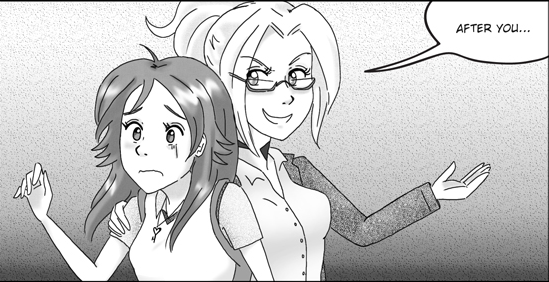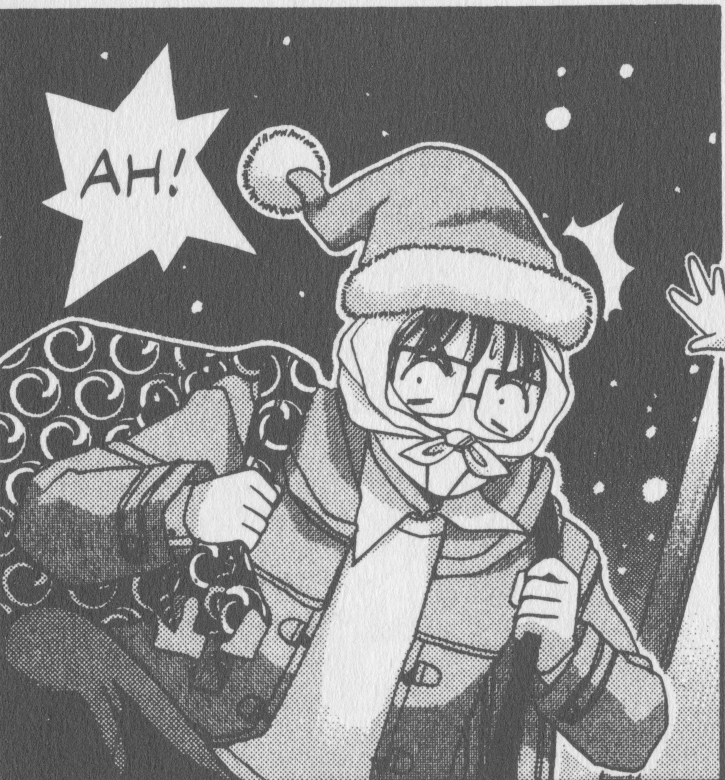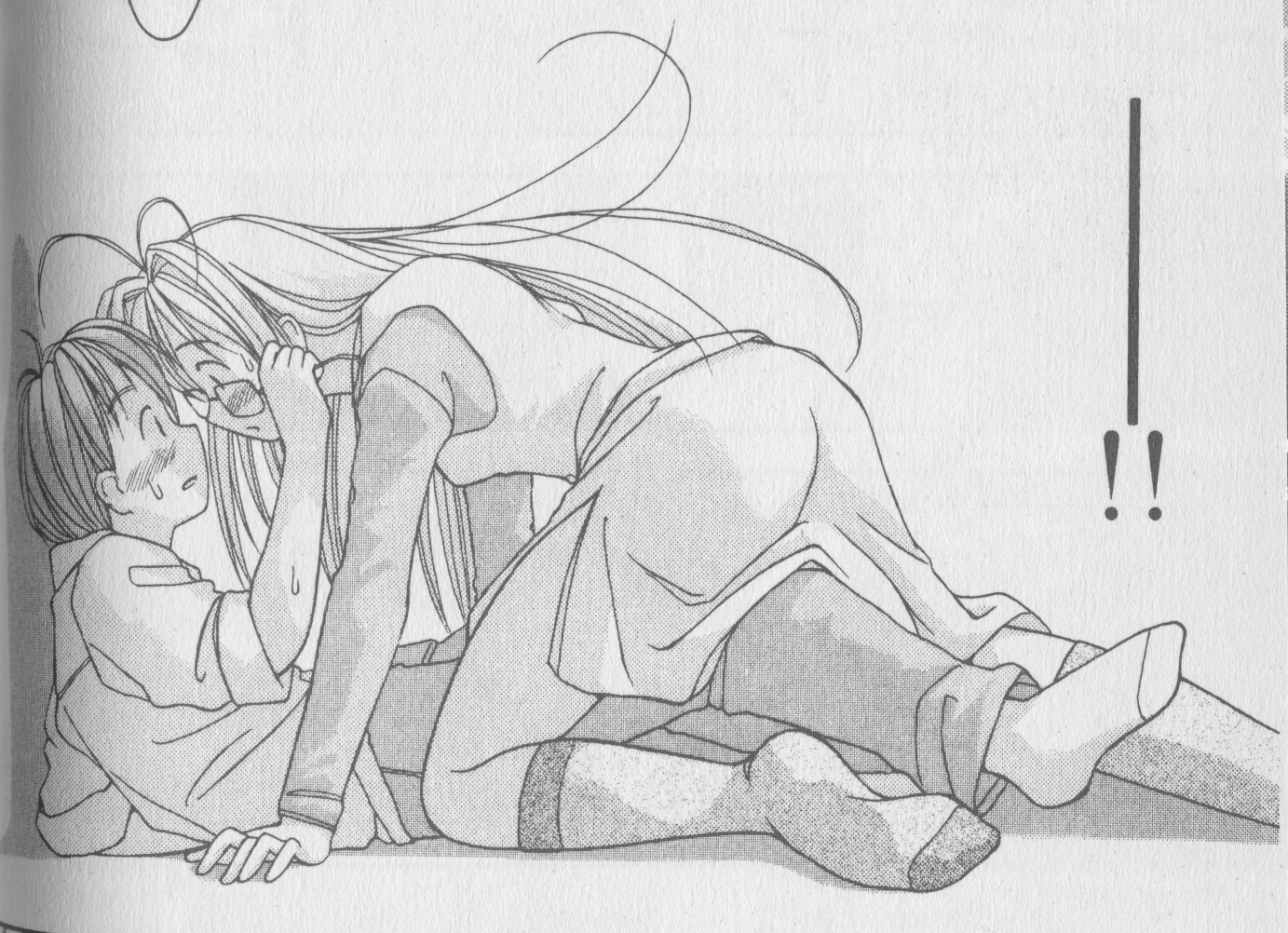
Baltimore Comic-Con Day 1: Interview with Kata Kane of Altar Girl
I have a huge soft spot for manga. There was a time where I’d grown tired of the usual Super Hero output from the Big Two, but we didn’t have an easy outlet for indie publishers like we do now. Manga provided all those genres that used to exist in the USA in the 1950s, but disappeared as the decades passed and the market consolidated. Sure, now we’re starting to have more high school-based western comics like Morning Glories, In the Woods, and Deadly Class, but it was manga, particularly Shoujo that showed us it could be done. (There are some high school Shonen, but the drama of high school seems to be best captured by Shoujo).

